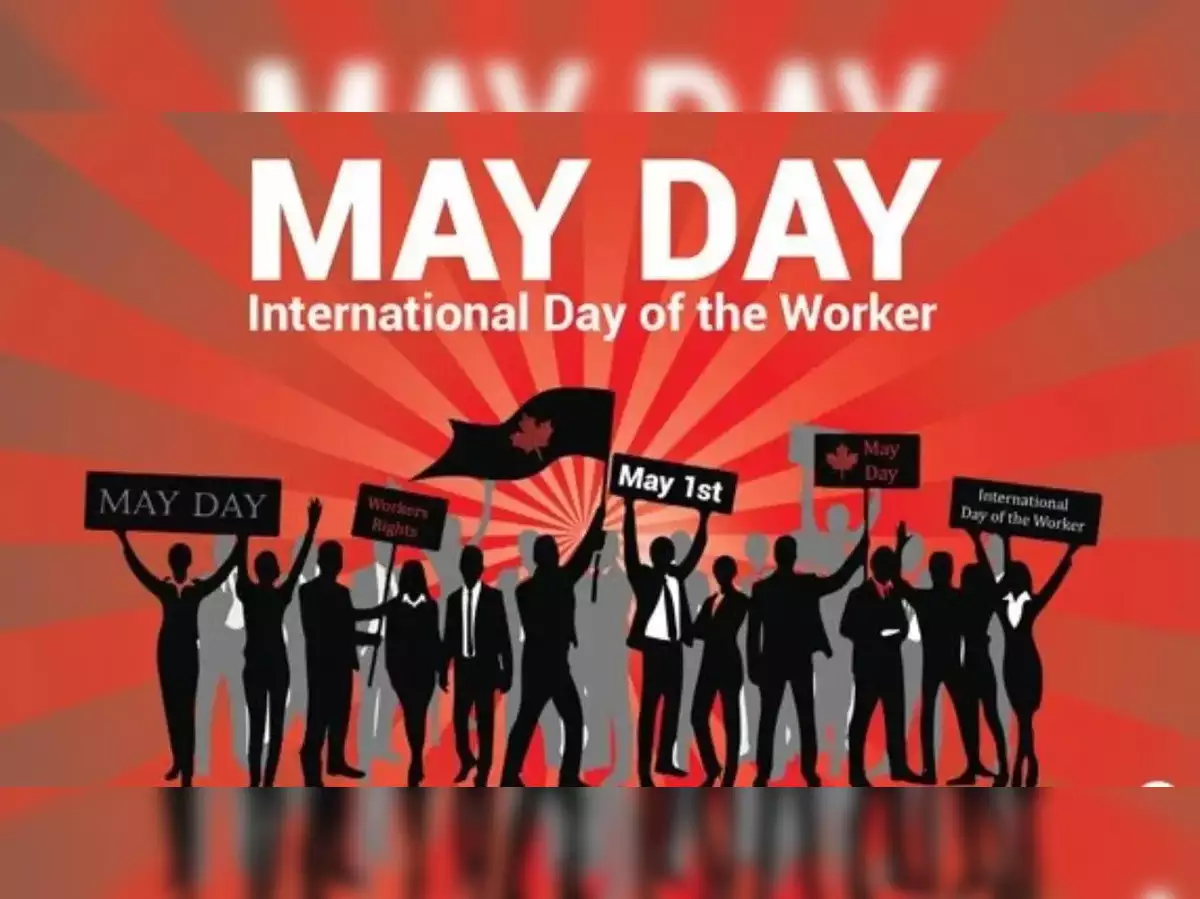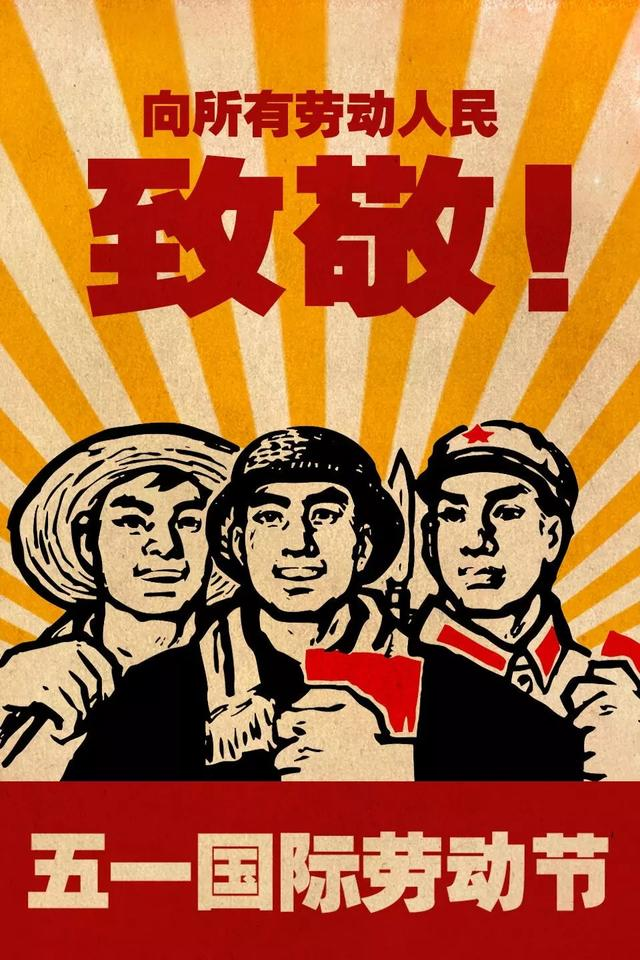4जी आवृत्ति बैंड
LTE has been developed to operate on paired spectrum for Frequency Division Duplex (एफडीडी), and unpaired spectrum for Time Division Duplex (टीडीडी).
For an LTE radio system to facilitate bidirectional communication, it is necessary to implement a duplex scheme so that a device may transmit and receive without collision. In order to achieve high data rates, LTE operates full duplex whereby both downlink (DL) and uplink (यूएल) communication takes place simultaneously by separating DL and UL traffic either by frequency (i.e., एफडीडी), or time periods (i.e., टीडीडी).
While less efficient and more electrically complex to deploy, FDD tends to be more commonly deployed by operators due to refarming of existing 3G spectrum arrangements. By comparison, deploying TDD requires less spectrum as well as eliminating then need for guard bands permitting a more efficient stacking of spectrum. UL/DL capacity can also be dynamically adjusted to match demand simply by devoting more airtime to one over the other. हालाँकि, transmission timing must be synchronised between base stations, introducing complexity, along with guard periods being required between DL and UL subframes, which reduces capacity.

As the professional 4G landline phone manufacturer, शेन्ज़ेन ईस्ट लाइन कम्युनिकेशन टेक कंपनी, लिमिटेड. can supply and customize different kinds of 4G fixed wireless phones, 4G IP phones, 4G outdoor campus telephones etc. अधिक जानकारी के लिए, please visit our website:
HTTPS के://www.oemtelephone.com/product-category/fixed-wireless-phone/4g-fixed-phone/
FDD LTE Frequency Bands
The continuing evolution of carrier aggregation has resulted in several new bands added, including B29, B32, B67, and B69 used for downlink-only carrier aggregation, termed Supplemental DL bands[5]. Supplemental DL bands 252 तथा 255 have been included as part of the LTE-U expansion into unlicensed 5 GHz bands U-NII-1 and U-NII-3, respectively.
Release 16.0 in April 2019 saw the introduction of European 450 MHz LTE bands for the purposes of emergency services use during disaster relief.
The below table lists the 39 Frequency Division Duplex and Supplemental Downlink LTE bands, compiled from 3GPP 36.101 (Rel. 17.1) [June 2023]

| E-UTRA Band | Identifier | Uplink (मेगाहर्ट्ज) | Downlink (मेगाहर्ट्ज) | UL EARFCN | DL EARFCN | Channel Bandwidths (मेगाहर्ट्ज) |
|---|---|---|---|---|---|---|
| B1 (2100 मेगाहर्ट्ज) | IMT Core Band | 1920 – 1980 | 2110 – 2170 | 18000 – 18599 | 0 – 599 | 0.2, 5, 10, 15, 20 |
| B2 (1900 मेगाहर्ट्ज) | PCS 1900 | 1850 – 1910 | 1930 – 1990 | 18600 – 19199 | 600 – 1199 | 0.2, 1.4, 3, 5, 10, 15, 20 |
| B3 (1800 मेगाहर्ट्ज) | 1800 | 1710 – 1785 | 1805 – 1880 | 19200 – 19949 | 1200 – 1949 | 0.2, 1.4, 3, 5, 10, 15, 20 |
| B4 (1700 मेगाहर्ट्ज) | AWS 1700 | 1710 – 1755 | 2110 – 2155 | 19950 – 20399 | 1950 – 2399 | 0.2, 1.4, 3, 5, 10, 15, 20 |
| B5 (850 मेगाहर्ट्ज) | 850 | 824 – 849 | 869 – 894 | 20400 – 20649 | 2400 – 2649 | 0.2, 1.4, 3, 5, 10 |
| B7 (2600 मेगाहर्ट्ज) | IMT Extension | 2500 – 2570 | 2620 – 2690 | 20750 – 21449 | 2750 – 3449 | 0.2, 5, 10, 15, 20 |
| B8 (900 मेगाहर्ट्ज) | 900 | 880 – 915 | 925 – 960 | 21450 – 21799 | 3450 – 3799 | 0.2, 1.4, 3, 5, 10 |
| B9 (1800 मेगाहर्ट्ज) | 1700 (Japan #2) | 1749.9 – 1784.9 | 1844.9 – 1879.9 | 21800 – 22149 | 3800 – 4149 | 5, 10, 15, 20 |
| B10 (1700 मेगाहर्ट्ज) | 3G Americas Extended AWS blocks A-I | 1710 – 1770 | 2110 – 2170 | 22150 – 22749 | 4150 – 4749 | 5, 10, 15, 20 |
| B11 (1500 मेगाहर्ट्ज) | 1500 (Japan #3) | 1427.9 – 1452.9 | 1475.9 – 1500.9 | 22750 – 22949 | 4750 – 4949 | 5, 10 |
| B12 (700 मेगाहर्ट्ज) | US 700 Lower A, बी, C | 698 – 716 | 728 – 746 | 23010 – 23179 | 5010 – 5179 | 0.2, 1.4, 3, 5 |
| B13 (700 मेगाहर्ट्ज) | US 700 Upper C | 777 – 787 | 746 – 756 | 23180 – 23279 | 5180 – 5279 | 0.2, 5, 10 |
| B14 (700 मेगाहर्ट्ज) | US 700 Upper D | 788 – 798 | 758 – 768 | 23280 – 23379 | 5280 – 5379 | 5, 10 |
| B17 (700 मेगाहर्ट्ज) | US 700 Lower B, C | 704 – 716 | 734 – 746 | 23730 – 23849 | 5730 – 5849 | 5, 10 |
| B18 (850 मेगाहर्ट्ज) | 850 (Japan #4) | 815 – 830 | 860 – 875 | 23850 – 23999 | 5850 – 5999 | 0.2, 5, 10, 15 |
| B19 (850 मेगाहर्ट्ज) | 850 (Japan #5) | 830 – 845 | 875 – 890 | 24000 – 24149 | 6000 – 6149 | 0.2, 5, 10, 15 |
| B20 (800 मेगाहर्ट्ज) | CEPT 800 | 832 – 862 | 791 – 821 | 24150 – 24449 | 6150 – 6449 | 0.2, 5, 10, 15, 20 |
| B21 (1500 मेगाहर्ट्ज) | 1500 (Japan #6) | 1447.9 – 1462.9 | 1495.5 – 1510.9 | 24450 – 24599 | 6450 – 6599 | 0.2, 5, 10, 15 |
| B22 (3500 मेगाहर्ट्ज) | एफडीडी 3500 | 3410 – 3500 | 3510 – 3600 | 24600 – 25399 | 6600 – 7399 | 5, 10, 15, 20 |
| B24 (1600 मेगाहर्ट्ज) | US L-Band | 1625.5 – 1660.5 | 1525 – 1559 | 25700 – 26039 | 7700 – 8039 | 5, 10 |
| B25 (1900 मेगाहर्ट्ज) | PCS 1900 जी | 1850 – 1915 | 1930 – 1995 | 26040 – 26689 | 8040 – 8689 | 0.2, 1.4, 3, 5, 10, 15, 20 |
| B26 (850 मेगाहर्ट्ज) | E850 Upper | 814 – 849 | 859 – 894 | 26690 – 27039 | 8690 – 9039 | 0.2, 1.4, 3, 5, 10, 15 |
| B27 (850 मेगाहर्ट्ज) | E850 Lower LTE | 807 – 824 | 852 – 869 | 27040 – 27209 | 9040 – 9209 | 1.4, 3, 5 |
| B28 (700 मेगाहर्ट्ज) | APT 700 | 703 – 748 | 758 – 803 | 27210 – 27659 | 9210 – 9659 | 0.2, 1.4, 3, 5, 10, 15, 20 |
| B30 (2300 मेगाहर्ट्ज) | LTE WCS | 2305 – 2315 | 2350 – 2360 | 27660 – 27710 | 9770 – 9869 | 5, 10 |
| B31 (450 मेगाहर्ट्ज) | एलटीई 450 ब्राज़िल | 452.5 – 457.5 | 462.5 – 467.5 | 27760 – 27785 | 9870 – 9919 | 0.2, 1.4, 3, 5 |
| B65 (2100 मेगाहर्ट्ज) | 2 GHz LTE | 1920 – 2010 | 2110 – 2200 | 131072 – 131971 | 65536 – 66435 | 1.4, 3, 5, 10, 15, 20 |
| B66 (1700 मेगाहर्ट्ज) | AWS Extension | 1710 – 1780 | 2110 – 2200 | 131972 – 132671 | 66436 – 67335 | 1.4, 3, 5, 10, 15, 20 |
| B68 (700 मेगाहर्ट्ज) | एलटीई 700 Arab Region | 698 – 728 | 753 – 783 | 132672 – 132971 | 67536 – 67835 | 5, 10, 15 |
| B70 (1700 मेगाहर्ट्ज) | AWS-3/4 | 1695 – 1710 | 1995 – 2020 | 132972 – 133121 | 68336 – 68585 | 5, 10, 15, 20 |
| B71 (600 मेगाहर्ट्ज) | US 600 | 663 – 698 | 617 – 652 | 133122 – 133471 | 68586 – 68935 | 0.2, 5, 10, 15, 20 |
| B72 (450 मेगाहर्ट्ज) | 450 EU BB-PPDR | 451 – 456 | 461 – 466 | 133472 – 133521 | 68936 – 68985 | 0.2, 1.4, 3, 5 |
| B73 (450 मेगाहर्ट्ज) | 450 LTE APAC | 450 – 455 | 460 – 465 | 133522 – 133571 | 68986 – 69035 | 0.2, 1.4, 3, 5 |
| B74 (1500 मेगाहर्ट्ज) | FDD L-band | 1427 – 1470 | 1475 – 1518 | 133572 – 134001 | 69036 – 69465 | 0.2, 1.4, 3, 5, 10, 15, 20 |
| B85 (700 मेगाहर्ट्ज) | 700 a+ | 698 – 716 | 728 – 746 | 134002 – 134181 | 70366 – 70545 | 5, 10 |
| B87 (450 मेगाहर्ट्ज) | PPDR PMR/PMAR in EU | 410 – 415 | 420 – 425 | 134182 – 134231 | 70546 – 70595 | 0.2, 1.4, 3, 5 |
| B88 (450 मेगाहर्ट्ज) | PPDR PMR/PMAR in EU | 412 – 417 | 422 – 427 | 134231 – 134280 | 70596 – 70645 | 0.2, 1.4, 3, 5 |
| B103 (700 मेगाहर्ट्ज) | NB-IoT 700 | 787 – 788 | 757 – 758 | 134282 – 134291 | 70646 – 70655 | 0.2 |
| B106 (900 मेगाहर्ट्ज) | 900 एफडीडी | 896 – 901 | 935 – 940 | 134292 – 134341 | 70656 – 70705 | 1.4, 3 |
TDD LTE Frequency Bands
The increasing asymmetric demand for downlink data has also resulted in the introduction of Band 46, a downlink-only Supplemental DL band operating in the 5 GHz U-NII frequency range.
बैंड 47 has been introduced for applications such as Vehicle to Everything (V2X) communications, which is positioned in the U-NII-3 5 GHz unlicensed band. Cellular V2X (C-V2X) may require the use of unlicensed bands to solve regulatory issues related to LTE-Direct, where devices broadcast directly to nearby devices[6]. Like all unlicensed band LTE technologies, V2X operates Band 47 only in carrier aggregation with the operator’s licensed band.
The below table lists the 20 Time Division Duplex and Supplemental Downlink LTE bands, compiled from 3GPP 36.101 (Rel. 17.1) [June 2023]
| E-UTRA Band | Identifier | आवृत्ति (मेगाहर्ट्ज) | EARFCN | Channel Bandwidths (मेगाहर्ट्ज) |
|---|---|---|---|---|
| B33 (2100 मेगाहर्ट्ज) | टीडीडी 2000 Lower | 1900 – 1920 | 36000 – 36199 | 5, 10, 15, 20 |
| B34 (2100 मेगाहर्ट्ज) | टीडीडी 2000 Upper | 2010 – 2025 | 36200 – 36349 | 5, 10, 15 |
| B35 (1900 मेगाहर्ट्ज) | 1900 | 1850 – 1910 | 36350 – 36949 | 0.2, 1.4, 3, 5, 10, 15, 20 |
| B36 (1900 मेगाहर्ट्ज) | टीडीडी 1900 | 1930 – 1990 | 36950 – 37549 | 0.2, 1.4, 3, 5, 10, 15, 20 |
| B37 (1900 मेगाहर्ट्ज) | PCS Center Gap | 1910 – 1930 | 37550 – 37749 | 5, 10, 15, 20 |
| B38 (2600 मेगाहर्ट्ज) | IMT Extension Gap | 2570 – 2620 | 37750 – 38249 | 5, 10, 15, 20 |
| B39 (1900 मेगाहर्ट्ज) | China TDD 1900 | 1880 – 1920 | 38250 – 38649 | 5, 10, 15, 20 |
| B40 (2300 मेगाहर्ट्ज) | टीडीडी 2300 | 2300 – 2400 | 38650 – 39649 | 5, 10, 15, 20 |
| B41 (2500 मेगाहर्ट्ज) | टीडीडी 2500 | 2496 – 2690 | 39650 – 41589 | 5, 10, 15, 20 |
| B42 (3500 मेगाहर्ट्ज) | टीडीडी 3500 | 3400 – 3600 | 41590 – 43589 | 5, 10, 15, 20 |
| B43 (3700 मेगाहर्ट्ज) | टीडीडी 3700 | 3600 – 3800 | 43590 – 45589 | 5, 10, 15, 20 |
| B44 (700 मेगाहर्ट्ज) | APT 700 टीडीडी | 703 – 803 | 45590 – 46589 | 3, 5, 10, 15, 20 |
| B45 (1500 मेगाहर्ट्ज) | China TDD 1400 | 1447 – 1467 | 46590 – 46789 | 5, 10, 15, 20 |
| B46 (5200 मेगाहर्ट्ज) | LAA 5200 | 5150 – 5925 | 46790 – 54539 | 10, 20 |
| B47 (5800 मेगाहर्ट्ज) | V2X 5800 | 5855 – 5925 | 54540 – 55239 | 10, 20 |
| B48 (3600 मेगाहर्ट्ज) | US CBRS 3500 | 3550 – 3700 | 55240 – 56739 | 5, 10, 15, 20 |
| B50 (1500 मेगाहर्ट्ज) | TD 1500+ | 1432 – 1517 | 58240 – 59089 | 3, 5, 10, 15, 20 |
| B51 (1500 मेगाहर्ट्ज) | TD 1500- | 1427 – 1432 | 59090 – 59139 | 5 |
| B53 (2400 मेगाहर्ट्ज) | TDD LTE over WiFi | 2483.5 – 2495 | 60140 – 60254 | 1.4, 3, 5, 10 |
| B54 (1600 मेगाहर्ट्ज) | TD 1700 | 1670 – 1675 | 60255 – 60304 | 5 |
शेन्ज़ेन ईस्ट लाइन कम्युनिकेशन टेक कंपनी, लिमिटेड.
The professional fixed landline telephones manufacturer










